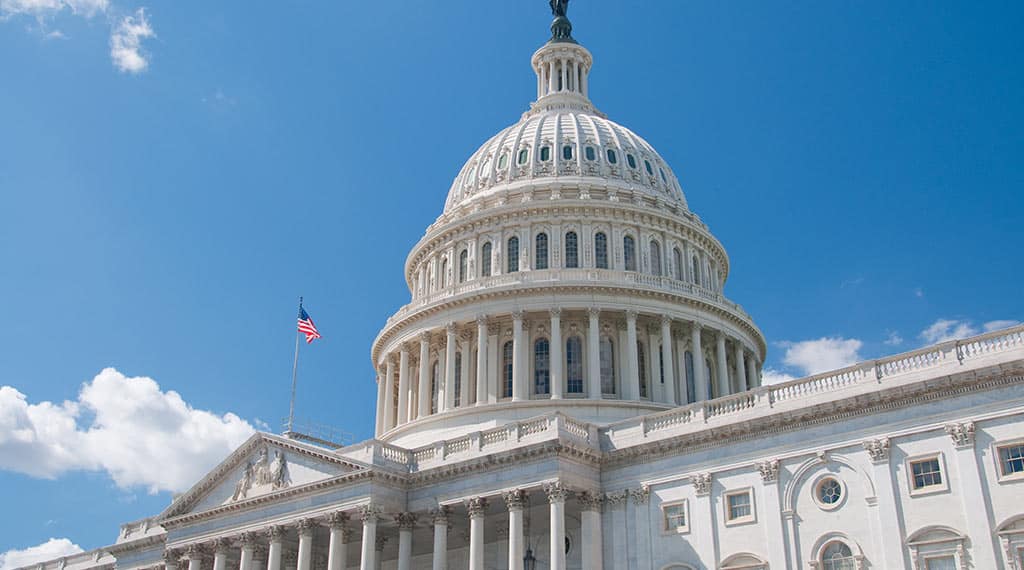Why is Congress on the sidelines as Afghanistan burns?

Congratulations to the two members of Congress, Peter Meijer (R-Mich.) and Seth Moulton (D-Mass.), who had the exceptional courage to pay an unannounced visit to Kabul. The situation in Afghanistan is screaming for immediate congressional oversight. Right now, before it’s too late, Congress might still be able to exercise an influence over, and perhaps help change, the disastrous Afghanistan policy of the Biden administration. Americans should applaud Meijer and Moulton for bucking the corrupt Washington system, despite intense pressure to bow to it.
When I heard about this “unauthorized” trip yesterday I knew exactly what would happen. The bureaucracy, congressional leadership, and the media would all strongly criticize the effort. Washington scorns and derides those who disrupt the system and don’t play by its rules. I felt that same pressure for 18 years as a member of Congress. The Washington elite consider themselves the ruling elite. They dedicate immense effort to controlling the story line in DC. They keep members of Congress in the dark, like mushrooms. They tell the elected representatives of the people as little as possible, and only divulge information when necessary.
During my congressional tenure, I visited Iraq ten times and Afghanistan five times. Let me share one incident that typifies how the elites skirt congressional oversight in any way they can. On one trip to Iraq, we members of Congress were told that we would have to stay in Jordan and fly into Iraq each day. Ensuring our safety would just be too difficult if we stayed overnight in Iraq. Besides, there was no room for us in country. The result? The trip to and from Iraq would take approximately five hours each day. Our time on the ground to exercise congressional oversight would be severely limited.
During our initial meeting with the military and State Department leadership I asked them about this. Why were planes, helicopters and all kinds of other vehicles available to transport us each day into Iraq, yet no tents were on hand for us to sleep in? Their response was simply, “Nope, no resources in country. Sorry about that.” I had heard differently, however, so I asked them, “Ok, how did you find resources for the Washington Redskins (now Team) cheerleader squad to stay in country for a multiple-night visit?” They laughed off the idea that NFL cheerleaders would be visiting a war zone, but I told them I had an inside source who’d told me that they were in country at that very moment. The leadership all looked at their staff, who confirmed that the cheerleaders were in Iraq, and staying in Iraq overnight.
Of course, I understand: cheerleaders make far more pleasant guests than a congressional delegation. But the oversight — the real-world exercise of the constitutional separation of powers, checking and balancing each other — that is what our host leadership wanted to avoid.
This might be the most amusing example of the often appalling arrogance of the military bureaucracy, the State Department, and the intelligence community, but unfortunately it wasn’t the only instance. This was an attitude that I faced over and over again. Importantly, it was the leadership–not those who served under them, often on the front lines–who resented the very thought of oversight and resisted at every turn. The troops and embassy staff were always thrilled that we took the time and ran the risk to see first-hand what was happening. But their leadership believed that they were the professionals. Members of Congress, on the other hand, were just everyday people who knew nothing about what needed to be done or how to do it.
Click HERE to read more.
- Destroying American democracy – An inside job - January 20, 2023
- More foreign policy confusion - January 17, 2023
- America’s ‘acute’ foreign policy disarray - November 15, 2022
